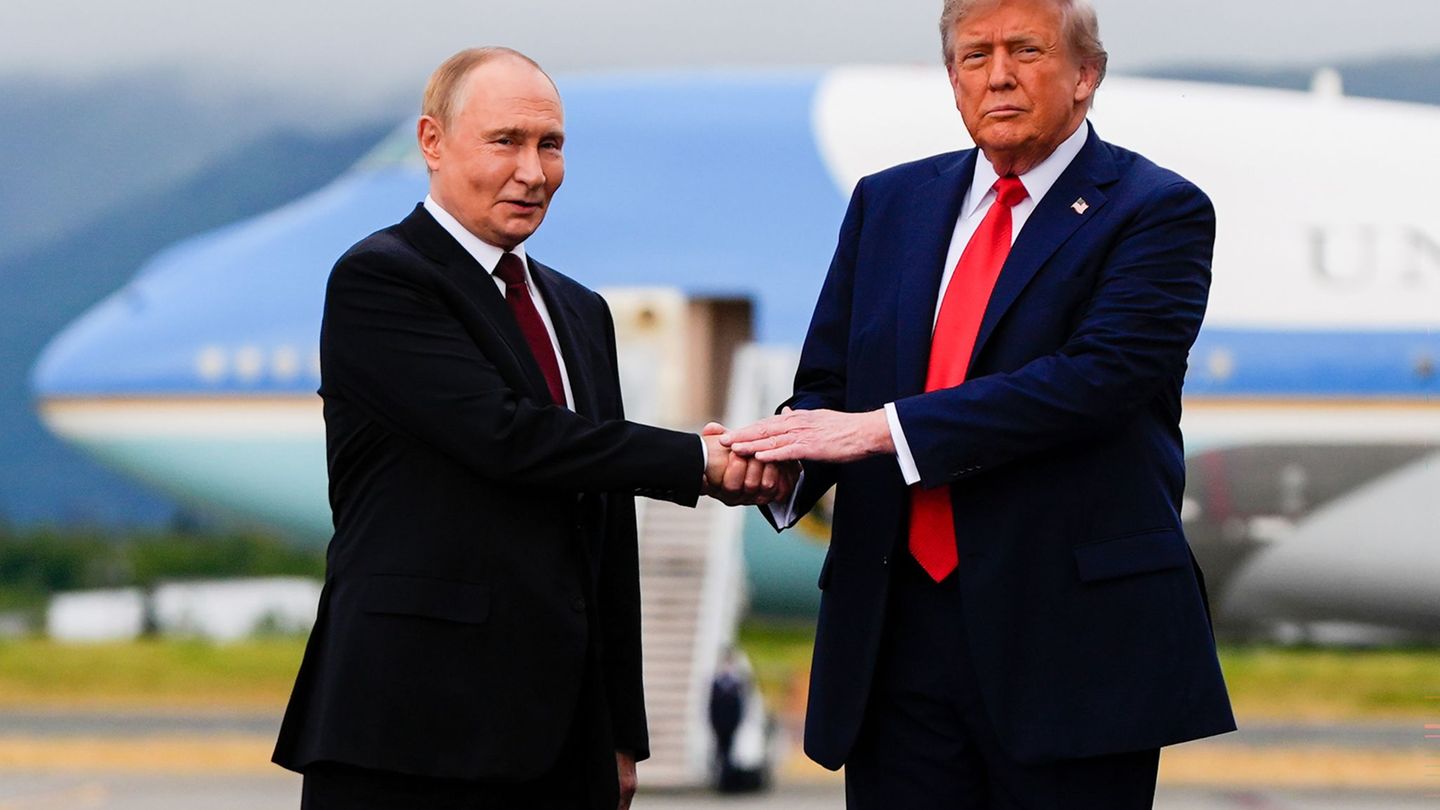According to official data, the commercial debt for imports that were not paid amounts to US$55.3 billion. Companies say that suppliers no longer lend to them.
The patience of foreign suppliers of Argentine companies is over. This is not a mere private matter, as the president-elect usually says. Javier Milei, who disbelieves in state intervention in foreign trade. It’s more systemic. “I lend to you, not to Argentina,” commented the president of Georgalos, Miguel Zonnaras. to a group of journalists, when explaining what his relationship is like with a foreign company from which he has to buy supplies.
The content you want to access is exclusive to subscribers.
Zonnaras maintains that the local industry “no longer has room” to send payments abroad. The head of Georgalos is one of the new leaders of the Argentine Industrial Union (UIA) that emerged from the seedbed of the so-called UIA-Joven. He was the president of the 29th Industrial Conference, which was held this Thursday, and points out that those that are most complicated by the lack of dollars are the automotive companies, companies whose gross industrial product weighs heavily in the sector’s activity indices. They are anticipating the holidays. The businessman points out that there is a “credit problem in the country.” “The problem is that I have the plant in Argentina,” is the response he usually gives to his interlocutors.


Juan Pedro Mazzastrategist at Cohen Argentina, maintains that Currently, the Argentine private sector has better weights than the public. “It’s the reason why stocks are going up,” he explained to Ambit. Mazza assures that companies “have more room for maneuver” to face a crisis. On the contrary, he warns that, “if the public sector does not have reserves, it does not have them” and is forced to make an adjustment. Cohen’s economist warns that beyond Javier Milei’s intentions to straighten the fiscal deficit in the first year of his administration, “the feeling is that the path to sustainability is very narrow.”
According to data from the Libertad y Progreso Foundation, based on information from the Central Bank, As of October, the commercial debt of companies stood at US$55.3 billion. Eugenio Mari, chief economist of the entity, explained that “it is normal for the stock of debt to be US$30 billion.” So, the difference accumulated throughout 2023. Like most economists considers that to solve this problem it is necessary to separate the flow from the stock. “The stock cannot be resolved at moment 1,” he explained to this newspaper. He assures that “It is a huge potential demand,” that in case the next government wants to try an exchange rate unification, it could make the exchange rate rise a lot. In that sense, he considers that ““A schedule will have to be made so that companies can pay off their debts,”
This year the problem of lack of payments abroad recently gained notoriety with banana importers, and previously with medical supplies.
Source: Ambito




